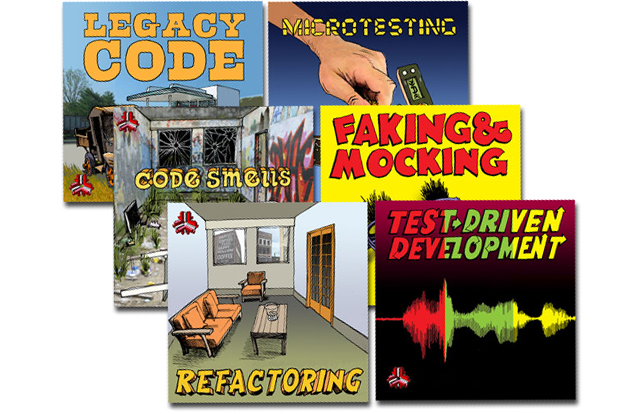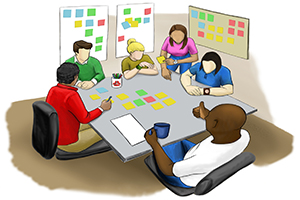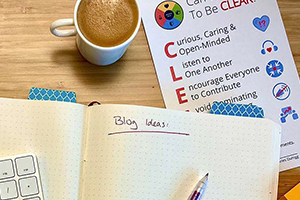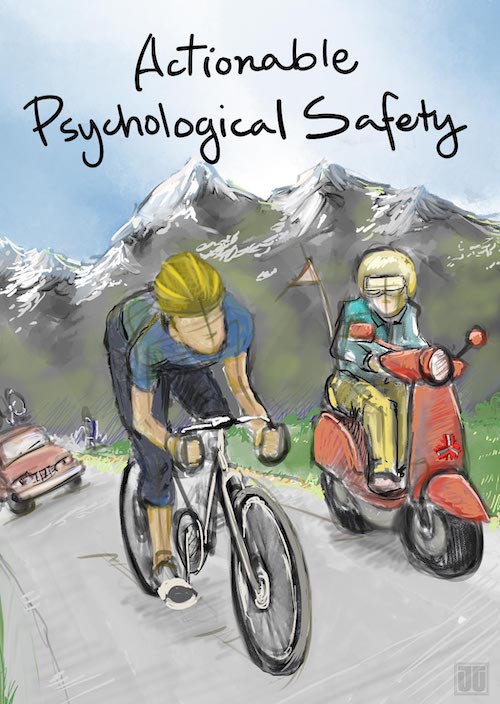My wife and I had the task of helping a young man who, due to various serious issues in his household, was years behind his peers in school. He should have been entering 5th grade, but due to his situation, he was only halfway through 1st grade.
The young man didn’t have any learning disabilities other than his living situation being rather non-conducive (even hostile) to learning and regular attendance.
When the boy’s grandfather received custody, he sent the lad to us since my wife has been a school teacher and has been successful at home-schooling as well.
Our goal: bring him as close to 5th grade as possible, as soon as possible.
We had 9 months.
There were enough obstacles and issues to fill a pretty good-sized book (perhaps we should consider writing that book someday).
Let’s consider just one of the simple formalisms we used to help the young man take on work and complete it without being overwhelmed.

The Questions:
- What is it that needs to be done?
- What do we need in order to do it?
- Where can we get what we need?
- How can we tell if we’re doing it right?
These seem really simple, and they are really simple. Reflecting on these four questions seems to help me (and certainly helped the young man) focus on doing small things and completing them well, rather than freaking out about emotional factors or uncertainty.
What is it that needs to be done?
Do you know the things you need to do this week? Today? In the next 20 minutes?
I could feel a tingling at the base of my scalp, thinking about the week. It was a little panicky feeling. But then when I reduced it to “today”, there was a bit of reduction of anxiety. When I think about the next 20 minutes, I’m relatively calm.
Descoping is a good self-management technique. What is the one thing I have to do next?
For him, it was a chapter of a textbook and some exercises at the end. For me, it can be coding, teaching, creating materials, blogging, reviewing, software development, architecture or any number of things.
In either case, we need to think about ONE thing. One thing that needs to be completed next, and then we can think about something else.
What is the thing you need to do right now?
What do we need in order to do it?
This is another focusing question. Maybe what we need is physical.
Maybe I need a room, some quiet, a camera, a slideshow, and the current version of our code.
Perhaps what I need is a bit of knowledge - such as how to set up my Dockerfile or how to create a new project.
Maybe I need a pencil, my textbook, a scratch pad, and a booklet of exercises. A calculator might be handy.
What do you need to have to do the one piece of work you’re going to do next?
Where can we get what we need?
Where are your books? Where are your pens and pencils? Where did you put your scrap paper?
As we approach this question, we start to understand the need to keep our supplies close at hand.
Do you need information? Is there a web page or an eLearning course that will tell you what you need? A video tutorial on the internet? A book? Do you need a mentor or teacher handy?
How can we tell if we’re doing it right?
Now that we have a goal, supplies, and information, we can start working.
The problem we now face is the Dunning-Kruger Effect.
If we already know how to do our job very well, then we know how to tell that we’re doing a good job - or do we? If we’re not all that good at it, we might be assuming our work is better than it is.
At one point, the young man thought he was doing a great job because he filled in all his math papers and did it quickly. However, he did it by guessing at all of the answers. He was crestfallen to find that none of his answers were correct. He didn’t know how to emotionally cope with being told that his answers were wrong, and so some emotional coping skills had to be developed before he could develop the necessary mathematical skill (I told you emotional coping skills are important).
If we are learning how to do something, then we might get it to work in the worst possible way. It might create a lot of problems later to develop the wrong habits now.
So we need some kind of objective way to check our work, or else some set of heuristics and enough good and bad examples to train our intuition properly. This will apply equally to outcomes and techniques.
The reason a lot of people don’t do their jobs well is that they don’t know how to tell if they’re doing them well or not. Remember: there are ways to succeed that competent, prudent, ethical people would never choose. How do you know?
When doing arithmetic, you can check your answers with a calculator.
When it’s spelling, you can use a dictionary or online spelling checker.
Flashcards can work for memorization.
Whatever the work is, you need to have some kind of tests to provide guardrails.
This fact is the basis of TDD and BDD: we define the rules first, then add the code that obeys the rules, then we refactor to make great code that obeys the rules. Often it helps to have other people whose intuition is different from our own (pair programming or mob programming) to review our work as we do it together and ensure we don’t make any short-sighted errors.
For most of the nontrivial work that humans do, whether you’re doing it right or not will require the opinion, judgment, and taste of other humans. You may write code that seems pleasing to yourself but that the team finds puzzling and odd. You may build a good system that users don’t want. Your management style may get results now, but with negative effects on morale, initiative, motivation, and sustainability.
Application
Asking these questions is not a panacea. Some may even feel that they are inviting Big Design Up Front (BDUF), though this is not necessarily so. Even very small tasks have entry criteria and standards of completion.
As a tool for getting unstuck or overcoming overwhelm, it has proven pretty useful.
Can four simple questions help you prepare to succeed at your many tasks, taking one task at a time? I guess that is yet to be proven, but it has helped others.
The next time you try this, drop us a comment below. Let us know how it worked out for you.





